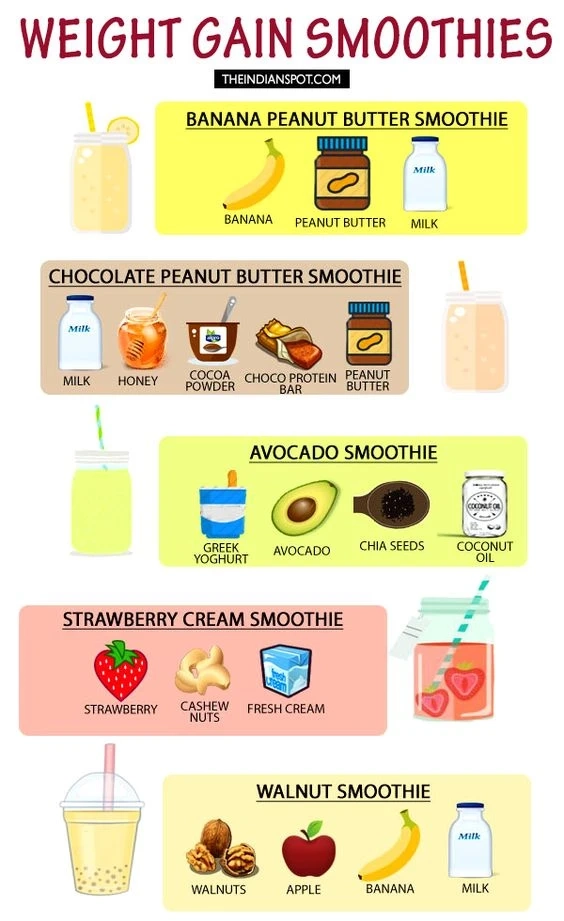Lose weight while sleeping. Sounds like something you'd listen to in an evening infomercial - just as you reach for that bag of cookies, because, well, you can't sleep. But as fantastic as the idea sounds, important medical evidence suggests some fascinating links between sleep and weight. The researchers say that the amount of sleep and quite possibly the quality of sleep could quietly orchestrate a symphony of hormonal activity linked to your appetite.
"One of the most interesting ideas that has been dormant and is now gathering steam is the recognition of the fact that sleep and sleep disruption do remarkable things to the body - possibly including influencing our weight," says David Rapoport, MD , associate professor and director of the Sleep Medicine Program at the New York University School of Medicine in New York.
While doctors have long known that hormones are affected by sleep, Rapoport says it wasn't until recently that appetite came on the scene. What led us to focus on it, he says, was research on the hormone leptin and ghrelin. First of all, doctors say that both can influence appetite. And studies show that the production of both can be influenced by how much or how little we sleep. Resurge Review
In fact, have you ever had a sleepless night followed by a day when no matter what you eat you never felt full or satisfied? If so, then you have experienced how leptin and ghrelin work.
How hormones affect your sleepLeptin and ghrelin work in a kind of "check and balance" system to control feelings of hunger and satiety, explains Michael Breus, PhD, a professor at the Atlanta School of Sleep Medicine and director of the Centers for Sleep Disorders. from the Southeastern Lung Care in Atlanta. Ghrelin, which is produced in the gastrointestinal tract, stimulates appetite, while leptin, produced in fat cells, sends a signal to the brain when it is full.


